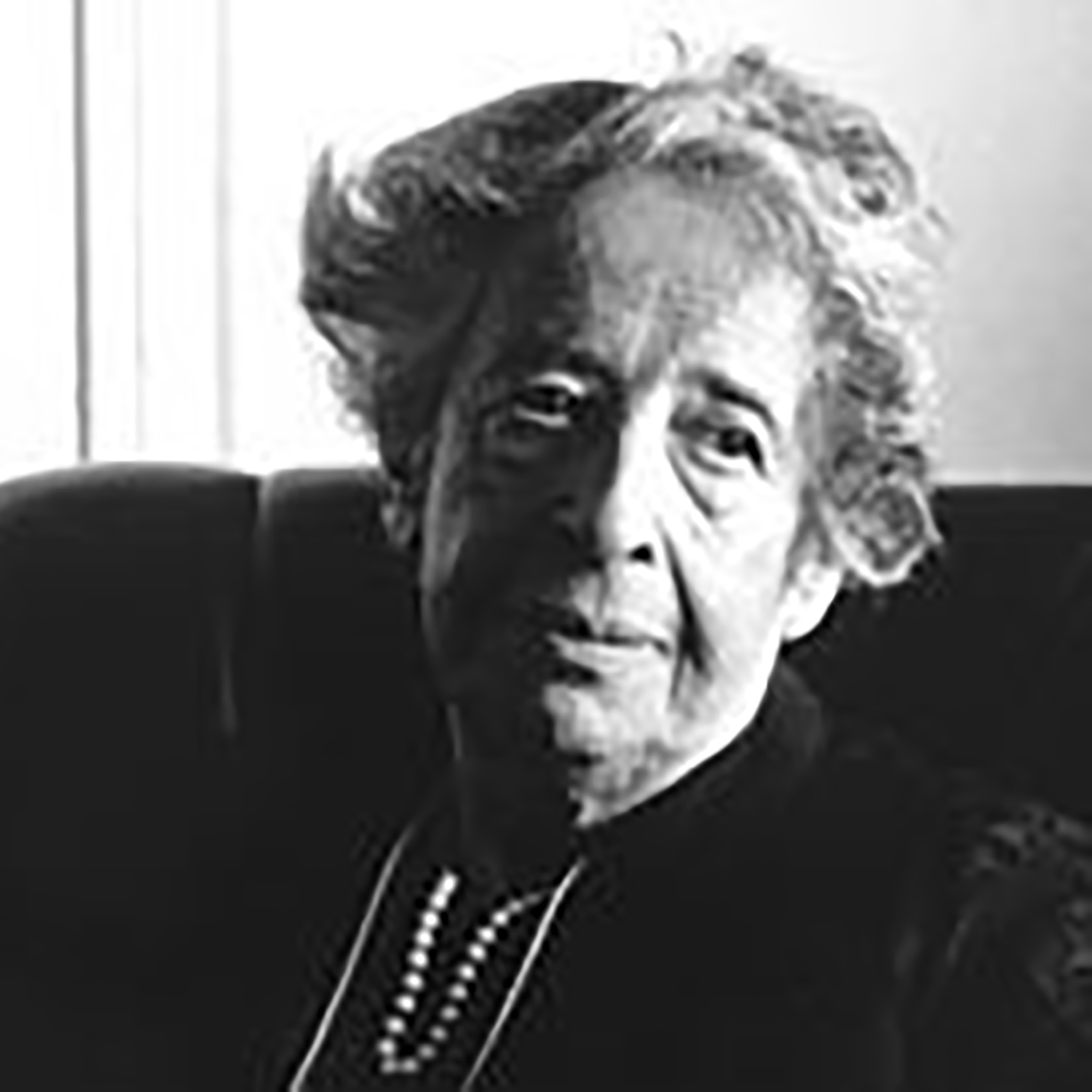Hannah Arendt frasi celebri
Le origini del totalitarismo
Le origini del totalitarismo
Origine: Da Verità e politica, traduzione di Vincenzo Sorrentino, Bollati Boringhieri, Torino, 2004.
Tra passato e futuro
Frasi sul mondo di Hannah Arendt
Tra passato e futuro
Le origini del totalitarismo
Hannah Arendt Frasi e Citazioni
Le origini del totalitarismo
Le origini del totalitarismo
Le origini del totalitarismo
V, 31, p. 176
Vita activa
“Io non credo che possa esistere qualche processo di pensiero senza esperienze personali.”
Origine: Da La lingua materna, a cura di Alessandro Dal Lago, Mimesis, Milano, 1996.
Origine: Da La morale della storia, in Ebraismo e modernità, p. 119.
Origine: Da Sulla violenza, traduzione di Aldo Chiaruttini, Mondadori, 1971, p. 66.
Tra passato e futuro
Le origini del totalitarismo
Le origini del totalitarismo
V, 24, p. 135
Vita activa
The Human Condition
Le origini del totalitarismo
VI, 38, p. 212
Vita activa
Origine: Da La vita della mente, a cura di Alessandro Dal Lago, traduzione di Giorgio Zanetti, Ed. Il Mulino, 1987.
Origine: Da Riflessioni su Little Rock, in Responsabilità e giudizio, a cura di Jerome Kohn, traduzione di Davide Tarizzo, Einaudi, 2004, p. 174-175.
Hannah Arendt: Frasi in inglese
“The most radical revolutionary will become a conservative the day after the revolution.”
The New Yorker (12 September 1970).
“The point, as Marx saw it, is that dreams never come true.”
"On Violence".
Crises of the Republic (1969)
“For politics is not like the nursery; in politics obedience and support are the same.”
Origine: Eichmann in Jerusalem: A Report on the Banality of Evil
On Revolution (1963), ch. 2.
General sources
Contesto: What makes it so plausible to assume that hypocrisy is the vice of vices is that integrity can indeed exist under the cover of all other vices except this one. Only crime and the criminal, it is true, confront us with the perplexity of radical evil; but only the hypocrite is really rotten to the core.
" Thoughts on Politics and Revolution: A Commentary http://books.google.com/books?id=iMIPAQAAMAAJ&q="Revolutionaries+do+not+make+revolutions+The+revolutionaries+are+those+who+know+when+power+is+lying+in+the+street+and+when+they+can+pick+it+up+Armed"".
Crises of the Republic (1969)
"Civil Disobedience".
Crises of the Republic (1969)
"Martin Heidegger at Eighty," in Heidegger and Modern Philosophy: Critical Essays (1978) by Michael Murray, p. 294.
Origine: Love and Saint Augustine (1929), p. 17
Part 3, Ch. 1 § 1.
The Origins of Totalitarianism (1951)
“Political questions are far too serious to be left to the politicians.”
Men in Dark Times (1968).
Part 3, Ch. 2 The Totalitarian Movement, page 80 https://books.google.de/books?id=I0pVKCVM4TQC&pg=PT104&dq=A+mixture+of+gullibility+and+cynicism+had+been+an+outstanding+characteristic+of+mob+mentality+before+it+became+an+everyday+phenomenon+of+masses.&hl=de&sa=X&redir_esc=y#v=onepage&q=A%20mixture%20of%20gullibility%20and%20cynicism%20had%20been%20an%20outstanding%20characteristic%20of%20mob%20mentality%20before%20it%20became%20an%20everyday%20phenomenon%20of%20masses.&f=false
The Origins of Totalitarianism (1951)
Contesto: A mixture of gullibility and cynicism had been an outstanding characteristic of mob mentality before it became an everyday phenomenon of masses. In an ever-changing, incomprehensible, world the masses had reached the point where they would, at the same time, believe everything and nothing, think that everything is possible and that nothing was true. The mixture in itself was remarkable enough, because it spelled the end of the illusion that gullibility was a weakness of unsuspecting primitive souls and cynism the vice of superior and refined minds. Mass propaganda discovered that its audience was ready at all times to believe the worst, no matter how absurd, and did not particularly object to being deceived because it held every statement to be a lie anyhow. The totalitarian mass leaders based their propaganda on the correct psychological assumption that, under such conditions, one could make people believe the most fantastic statements one day, and trust if the next day they were given irrefutable proof of their falsehood, they would take refuge in cynicism; instead of deserting the leaders who had lied to them, they would protest that they had known all along the statement was a lie and would admire the leaders for their superior tactical cleverness.
Part 3, Ch. 1 § 1.
The Origins of Totalitarianism (1951)
